The Christopher Lane Trust is dedicated to Christopher Lane who took his own life in 2008 at the age of 31.
The Trust seeks to help anyone who believes they may have hypopituitarism and have difficulty getting the right tests.
What is hypopituitarism?
Hypopituitarism is damage to the pituitary gland, often caused by a head injury, no matter how mild. Symptoms include fatigue, loss of sex drive, infertility, weight issues and depression. For a fuller list click here.
How do we help?
We provide information to help you get the appropriate tests and diagnosis
We help you to avoid being misdiagnosed with ME or other causes of clinical depression
We provide financial help, if funds permit, to pay for private consultations for those living on benefits which have been unable to get the proper tests through the NHS
The Trust is also actively involved in:
Improving the dissemination of information about hypopituitarism to the public, GPs and other medical practitioners
Cooperating with NICE to update the head injury guideline to include the risk of hypopituitarism.
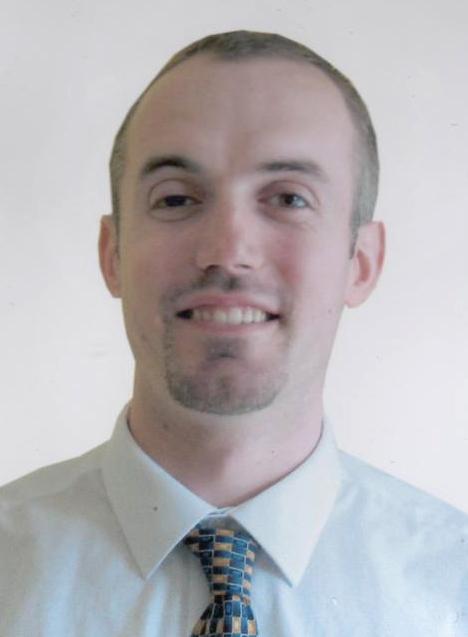
The Christopher Lane Trust is dedicated to Christopher Lane who took his own life in 2008 at the age of 31. More about his death and what we discovered afterwards can be seen here.
Trustees
Contact Info.
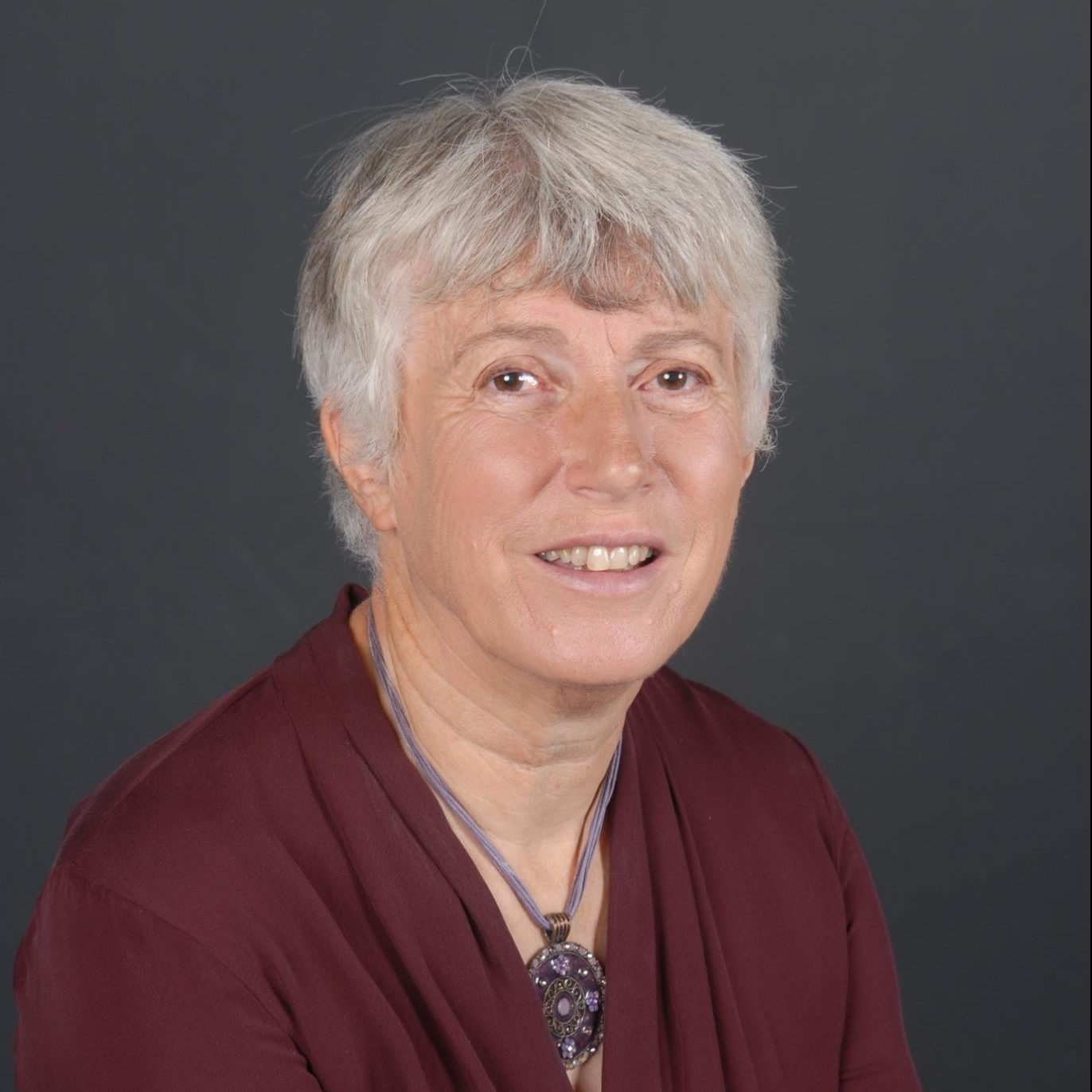
Mrs Joanna Lane
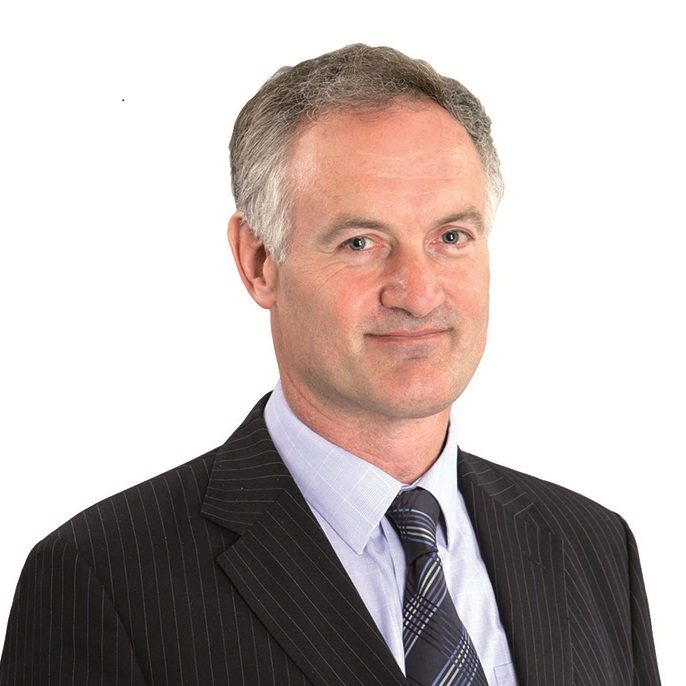
Mr John B Lane
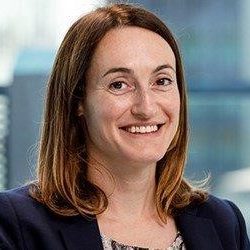
Miss Ruth F Lane
The Christopher Lane Trust is a Charity registered in The UK Reg No 1192336
28 Southwood Avenue Coulsdon Surrey CR5 2DT
Advisory Committee
Please click on each of the profiles below to view their biography.
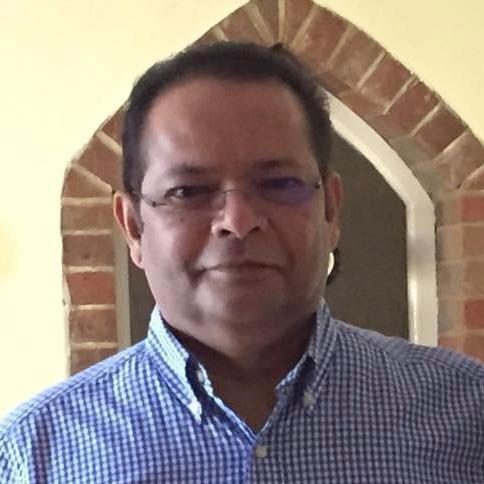
Dr Sunil Babu
DR SUNIL BABU
Dr Sunil Babu is a retired Consultant in Old Age Psychiatry who worked in the Surrey and London area. He is a medical doctor who specialised in the treatment of psychiatric conditions affecting older people, not a clinical psychologist.
Career and practice
- Consultant Psychiatrist: Dr Babu worked within the NHS in London and Surrey in inpatient, community and liaison settings.
- Medical and therapeutic expertise: His clinical practice involved assessing and managing inpatients with a variety of conditions, including different types of dementia, severe depression, bipolar illness, schizophrenia, and delusional disorders. He also performs liaison work, providing psychiatric support to medical and surgical wards.
- Educational focus: Dr Babu was involved in teaching and training the next generation of medical professionals. His duties included supervising GP trainees and medical students and participating in academic programs at university hospitals.
Professional contributions
- Dementia care: Dr Babu has been a speaker at specialist events for healthcare professionals. For example, he gave a talk on the diagnosis and medical management of dementia as part of the "Remembering Dementia programme".
- Specialist knowledge: Within his field, Dr Babu used pharmacological treatments, psychological approaches, and procedures like Electroconvulsive Therapy (ECT). His work is guided by specific legislation related to mental health, including the Mental Health Act, the Mental Capacity Act, and the Deprivation of Liberty Safeguards (DOLS).
This biography has been personally approved by Dr Babu.
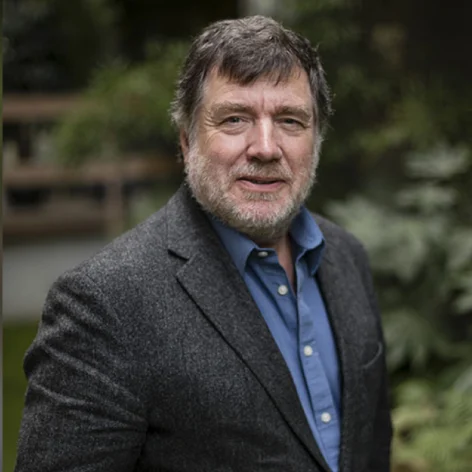
Professor Michael Barnes
PROFESSOR MICHAEL BARNES
Professor Michael "Mike" Barnes is a UK-based neurologist and medical cannabis expert known for his pioneering work in neurorehabilitation and his advocacy for the legalisation and clinical use of medical cannabis.
Career in neurorehabilitation and brain injury
For over 30 years, Barnes was a leading figure in the field of neurorehabilitation and brain injury. He was appointed the UK's first Professor of Neurological Rehabilitation in 1994, where he established the Regional Neurological Rehabilitation Centre in Newcastle. Throughout his career, he has held numerous leadership positions dedicated to improving brain injury care globally and in the UK:
- Founder and President of the World Federation for NeuroRehabilitation (WFNR) from 1996 to 2008.
- Chair of the United Kingdom Acquired Brain Injury Forum (UKABIF) from 2008 to 2017.
- Founder and Chair of the Independent Neurorehabilitation Providers Alliance (INPA) from 2012 to 2018.
Advocacy for medical cannabis
Barnes's interest in medical cannabis began in the early 2000s, after discovering that many of his patients with conditions like Multiple Sclerosis (MS) were using it illegally to manage their symptoms. This informal research prompted him to investigate further, leading him to become a key advocate for its legalisation and safe prescribing.
His significant contributions to the medical cannabis movement include:
- Influential 2016 report: At the request of the UK's All-Party Parliamentary Group on Drug Policy Reform, Barnes authored "Cannabis – The Evidence for Medical Use." The landmark report analysed available information on medical cannabis and became instrumental in shaping the debate that led to the change in UK law.
- First NHS prescription: In 2018, shortly before the law changed, Barnes worked to secure the UK's first NHS medical cannabis prescription for a child named Alfie Dingley who suffers from a rare form of epilepsy.
- Medical Cannabis Clinicians Society: He co-founded this not-for-profit organisation to provide education, guidance, and peer support for doctors who want to prescribe medical cannabis safely and confidently.
- Cannabis Industry Council: Barnes founded and serves as President of this council, which aims to promote a robust and ethical medical cannabis and hemp sector in the UK.
- Drug Science's Project Twenty21 (now completed): As Chief Medical Officer, he was committed to building the largest body of clinical evidence for the effectiveness and tolerability of medical cannabis in the UK, with the goal of securing NHS funding for the treatment.
Educational and expert roles
In addition to his clinical and advocacy work, Barnes is an Honorary Professor of Neurological Rehabilitation at the University of Newcastle and remains an active educator, lecturing on medical cannabis to clinicians and presenting at international conferences. He also published a book, The Beginner's Guide to Medical Cannabis, in 2019.
This biography has been personally approved by Professor Barnes.

Professor Antonio Belli
PROFESSOR ANTONIO BELLI
Professor Antonio Belli is a leading neurosurgeon and a global expert in traumatic brain injury (TBI) and sports concussion. He serves as the Professor of Trauma Neurosurgery at the University of Birmingham and as an Honorary Consultant Neurosurgeon at the University Hospitals Birmingham NHS Foundation Trust. Belli's extensive research and clinical work have significantly advanced the diagnosis, monitoring, and treatment of brain injuries.
Early life and education
Belli graduated with honours from Tor Vergata University in Rome in 1990 with a degree in Medicine and Surgery. He completed a doctoral degree there in 1992, focusing on brain ischaemia and reperfusion. After moving to the UK in 1994, he trained in neurosurgery at institutions including Kings College Hospital and the National Hospital for Neurology and Neurosurgery. He also completed a research fellowship in neuromonitoring at the Institute of Neurology in London from 2001 to 2003.
Career and contributions
At the University of Birmingham, Belli is a Professor of Trauma Neurosurgery and leads neurotrauma research, having previously directed the NIHR Surgical Reconstruction and Microbiology Research Centre. Clinically, he leads the neurotrauma service at Queen Elizabeth Hospital Birmingham.
His research focuses on the neurobiochemistry and neuromonitoring of acute brain injury, including identifying early markers of tissue damage using cerebral microdialysis, understanding the relationship between brain metabolism and long-term outcomes, and developing biomarkers for concussion diagnosis. He is the Chief Investigator for the RECOS program, a major concussion research initiative. Belli is also a leading expert on sports-related concussions, advising various sporting bodies such as the FA, RFU, and the Premier League.
Awards and recognition
Belli has received the prestigious National Institute for Health and Care Research Senior Investigator Award for his research in Neuroscience and Surgery. He has co-authored over 350 publications and is a joint editor of the Oxford Textbook of Neurological Surgery.
This biography has been personally approved by Professor Belli.

Dr Peter Brambleby
Dr Peter Brambleby MBBS, DCH FFPH, FRCP Edin (retd)
Dr. Peter Brambleby is a semi-retired public health doctor with over 40 years of experience who served as an NHS Director of Public Health for several areas, including Norwich, North Yorkshire and Croydon, and in an interim DPH capacity for the tri-boroughs of Westminster, Kensington & Chelsea, and Hammersmith & Fulham; Gloucestershire; West Sussex; Hartlepool and Salford respectively.
In retirement, he focuses on restoring a local woodland and promoting community well-being, calling it the "Natural Health Service".
Career and contributions
- NHS and public health leadership: Before retiring, Brambleby worked for decades as a public health specialist, holding senior positions at both the local and national levels.
- Advocacy for integrated care: He has been a notable advocate for integrated care approaches, arguing that collaboration can maximize benefits in health service provision.
- Focus on health economics and equity: He was instrumental in the Department of Health’s “programme budgeting” initiative looking at distribution of resources, outcomes and equity..
- Consultancy and expertise: In addition to his leadership roles, he has published in many professional journals, written chapters in textbooks and spoken at conferences in the UK and abroad.
"Natural Health Service"
- In December 2012, Brambleby and his wife, Michelle, purchased Fishpond Wood (also known as Whitewoods) in Bewerley, Nidderdale, with the aim of restoring it to greater biodiversity and creating a space for human well-being. They manage the 25-acre site with the goal of it being used as an amenity and for therapeutic purposes, using their respective backgrounds in healthcare and education to inform their approach.
- They featured on BBC “Gardener’s World” programme and are cited on the Forestry Commission’s website as a case history of community access to green spaces.
- Their work is a practical extension of his public health principles, focusing on the connection between natural spaces and community health.
This biography has been personally approved by Dr Brambleby.
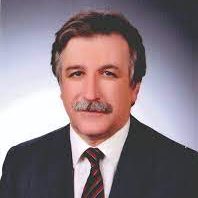
Professor Dr Fahrettin Keleştemur
PROFESSOR FAHRETTIN KELESTIMUR
Career
Dr. Kelestimur graduated from the School of Medicine, Hacettepe University, Ankara/Turkey in 1979. After completing his specialization in Internal Medicine at Erciyes University, School of Medicine, he started to work as assistant professor at the same university in 1988, becoming associate professor in 1990 and professor in 1995.
He worked in the Department of Endocrinology and Diabetes at İstanbul University Cerrahpasa School of Medicine in 1988 and the Department of Endocrinology at London University, St. Bartholomew's Hospital in 1990.
In 1993 he founded the Department of Endocrinology at Erciyes University. Between 2006-2008 he was the chairman of Society of Endocrinology and Metabolism of Turkey (SEMT). He has been a board member of the European Neuroendocrine Association (ENEA) between 2002-2006, and the European Society of Endocrinology (ESE) between 2005-2009. In 2008, he was among the founders and in administration of the Turkish Neuroendocrinology Association. He served as an advisory board member of the European Neuroendocrine Tumor Society (ENETS) and he was involved in preparation of ENETS Consensus Guidelines published in different issues of Neuroendocrinology.
In 2015 he was elected to the board of the Pituitary Society. He was granted full membership of Turkish Academy of Sciences (TUBA) and has worked for two terms as a council member of TUBA. His main fields of interests are pituitary, adrenal and reproductive endocrinology. He has focused especially on traumatic brain injury-induced neuroendocrine changes in recent years.
Kelestimur and his team showed for the first time that head injuries in kickboxing and boxing can cause damage on the pituitary gland and result in hypopituitarism and shrinkage in pituitary volume. Furthermore, he brought the neglected disease of Sheehan Syndrome to the agenda of the medical community with the studies he organized. Kelestimur was also extensively involved in the field of diagnostic tests used in the assessment of Hypothalamo-pituitary end organs. He has delivered 69 lectures at International meetings. He was invited as visiting professor to the Department of Psychobiology, Trier University, Germany; the Department of Endocrinology Oxford University School of Medicine, UK; the Department of Endocrinology, Cleveland Clinic, Ohio USA. He is on the editorial boards of the following journals; Reviews in Endocrine and Metabolic Disorders, Journal of Endocrinological Investigation, Hormones, Frontiers in Pituitary Endocrinology, Expert Review of Endocrinology and Metabolism. He is also associate editor of Clinical Diabetes and Endocrinology. He has published 302 articles in International Journals including European Journal of Endocrinology, Journal of Clinical Endocrinology and Metabolism, Pituitary, Journal of Endocrinological Investigation, Endocrine, Clinical Endocrinology, Nature Reviews Disease Primers, Endocrine Reviews and Reviews in Endocrine and Metabolic Disorders. He was the guest editor of Pituitary (Special Issue on Neuroendocrine Responses to Traumatic Brain Injury, 2019), one of the guest editors of Hormone and Metabolic Research (Special Issue cAMP Signaling, Protein Kinase A, and Phosphodiesterases: From Genetics to Function and Human Diseases, 2017), Reviews in Endocrine and Metabolic Disorders (with Adriana Ioachimescu, they were guest editors of the Special Issue on Hypoprolactinemia, a neglected endocrine disorder, 2024) and Best Practice & Research Clinical Endocrinology & Metabolism (Special issue on Traumatic Brain Injury and hypopituitarism, 2025). Kelestimur, who was the president of Erciyes University between 2008-2015, was appointed as the director of Health Institutes of Turkey in 2015. In 2018 he was selected as a member of Academia Europaea (The Academy of Europe). He has been working as consultant in Endocrinology and Medical Coordinator of Yeditepe University Hospitals since October 2018.
Dr. Fahrettin Kelestimur’s achievements in TBI-induced pituitary dysfunction
Traumatic brain injury (TBI) induced neuroendocrine changes.
Kelestimur and his team are extensively involved in the field of neuroendocrine abnormalities after TBI and they have carried out some prospective and cross-sectional studies. They have shown for the first time that chronic repetitive head trauma in kickboxing and boxing can cause damage to the pituitary gland. They were also the first to report shrinkage in the pituitary volume, empty sella, in TBI victims including athletes. This endocrine discovery also caught the attention of the international media including the well-known sports channels, BBC and ESPN. Hypopituitarism due to TBI and sport-related pituitary dysfunction were included in the recent versions of the relevant guidelines. They have also measured anti-hypothalamus and anti-pituitary antibodies for the first time in patients suffering from TBI, and they have demonstrated their role in the development of pituitary dysfunction. His team were also the first to report the role of genetic predisposition and the role of microRNA in the occurrence of neuroendocrine abnormalities in TBI. They have recently become interested in the molecular mechanisms responsible for neuroendocrine abnormalities after TBI.
This biography has been personally approved by Professor Kelestemur.
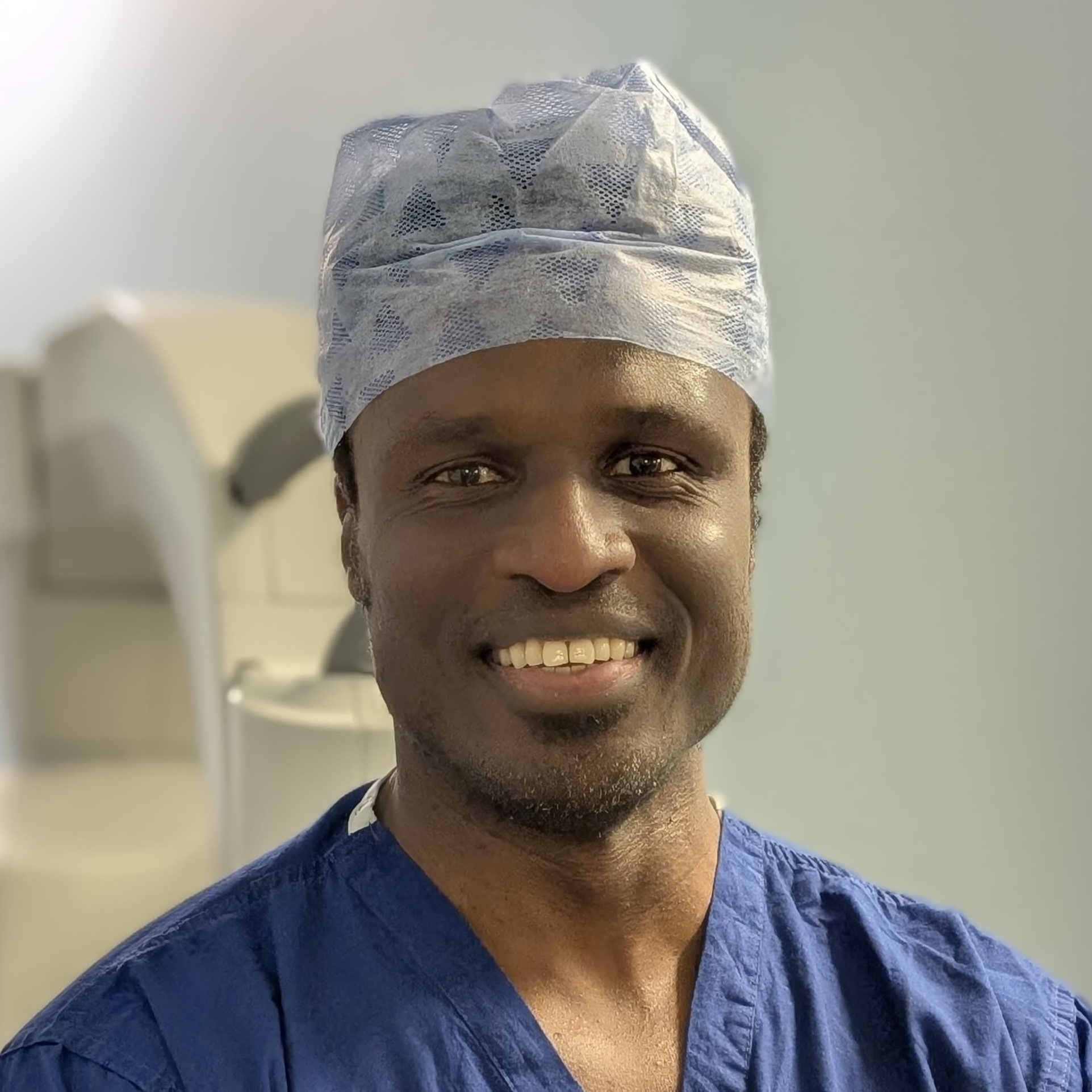
John Emelifeonwu
John Emelifeonwu
Mr John Emelifeonwu is a Consultant Neurosurgeon at the Queen Elizabeth Hospital in Birmingham. He completed his medical degree at Cardiff University, followed by Foundation Training in South Wales and core surgical training in the Mersey Deanery. He then pursued specialist neurosurgical training in Oxford and Edinburgh before securing a prestigious Royal College of Surgeons’ accredited Neurovascular Fellowship at King’s College Hospital, London. During his training, Mr Emelifeonwu undertook a PhD on the effects of traumatic brain injuries (TBIs) on the pituitary gland under the supervision of Professor Peter Andrews, a world-renowned expert in neurotrauma research. During his PhD, he conducted one of the largest systematic reviews that has examined TBI-induced pituitary gland dysfunction. His academic work has led to the publication of more than thirty peer-reviewed papers and book chapters and have been presented at national and international conferences. His expertise encompasses a range of cranial neurosurgery, with a particular focus on skull base pathologies, brain tumours and neurovascular conditions such as aneurysms, AVMs, cavernomas, dural AV fistulas and cavernomas.
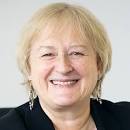
Professor Lady Ellen Birgit Lane
PROFESSOR BIRGIT LANE
Professor Birgit Lane (also known as Ellen Birgit Lane) is an internationally renowned scientific researcher and academic in human biology, celebrated for her foundational work on the epithelial cytoskeleton and its role in disease. Her career has spanned prominent institutions in the UK and Singapore, where she has been a key figure in building research institutes and made breakthrough discoveries in genetic skin disorders and skin cancer.
Education and Early Career
Professor Lane earned her Bachelor of Science and PhD from University College London (UCL). She began her research career in the UK, conducting studies on the application of monoclonal antibodies to keratins in diagnostic pathology and cell biology.
Major Scientific Contributions
Professor Lane is primarily known for her work on keratins, the structural proteins in epithelial cells. Her key contributions include:
Leadership and Institutional Building
Professor Lane has been involved in developing scientific institutions. In Dundee, she directed a research group and helped establish key centers. In Singapore, she was a founding executive director at the Institute of Medical Biology (IMB) and instrumental in founding the Skin Research Institute of Singapore (SRIS). She also helped establish other organizations, including a patient advocacy group.
Awards and Recognition
Professor Lane has authored over 250 publications. She is a Fellow of the Royal Society of Edinburgh and the UK's Academy of Medical Sciences. She holds adjunct professor positions and is an Honorary Visiting Consultant. She is currently the Chief Scientist of the Skin Research Institute of Singapore.
This biography is awaiting approval by Professor Birgit Lane
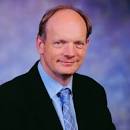
Professor Sir David Lane
PROFESSOR SIR DAVID LANE
Professor Sir David Lane is currently a Professor at the Karolinska Institute, and Chairman of Chugai Pharmabody in Singapore.
He is a world-renowned immunologist, molecular biologist and cancer researcher. He is one of the scientists credited with the landmark discovery of cancer gene p53 in 1979. The p53 gene, called the “Guardian of the genome” is the most frequently mutated gene in human cancer as more than half of human tumours contain such alterations.
Professor Lane was previously Chief Scientist of the Agency for Science, Technology and Research (A*STAR) in Singapore (2009-2021), and the Chairman of A*STAR’s Institute of Molecular and Cell Biology (IMCB) scientific advisory board from 2002-2003 and Executive Director, IMCB from 2004-2007, where he added on a translational focus to IMCB’s core strengths in basic R&D, recruited many outstanding scientists and personally led efforts to foster greater collaboration, both within and outside of IMCB. He was also the founding CEO of A*STAR’s Experimental Therapeutics Centre, set up in 2006. Professor Lane put in place a robust team of more than 60 scientists and built up the top-of-the-line technological platforms essential for the drug discovery process.
Chugai Pharmabody has been chaired by Professor Lane since its establishment in 2012. It is now the largest Research Site of Chugai outside Japan, with a staff of 140 scientists, and has an annual budget in excess of 60 million SGD. Last year Professor Lane was created an Honorary Citizen of Singapore. Professor Lane was also previously the Director of the Cancer Research UK Cell Transformation Research Group and Professor of Oncology at the University of Dundee in Scotland.
In 1996 he founded the Biotechnology Company, Cyclacel Pharmaceuticals, and acted as Director and CSO up to the time it joined NASDAQ. He has also held the position of the first Chief Scientist of Cancer Research UK and was the Scientific Director of the Ludwig Institute.
For his efforts in cancer research, Professor Lane was knighted by Queen Elizabeth II in the New Year Honours list in January 2000. He has won many awards such as the Paul Ehrlich Prize in 1998, the Buchanan Medal in 2004, and the Medal of Honor from the International Agency for Research on Cancer in 2005 and, in 2008, the Royal Medal from the Royal Society of Edinburgh. He is a member of the European Molecular Biology Organisation (EMBO) and a Fellow of UK’s premier scientific academies, the Royal Society, the Royal Society of Edinburgh and a founder member of the Academy of Medical Science. He is a foreign member of the US National Academy of Science. He holds honorary degrees from a number of UK and European Universities.
This biography has been personally approved by Professor Sir David Lane.
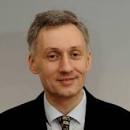
Dr David Shakespeare
DR DAVID SHAKESPEARE
Dr David Shakespeare is a consultant in neurological rehabilitation medicine with extensive experience and expertise in treating a broad range of disabling neurological conditions, including traumatic brain injuries.
Professional career and affiliations
- NHS: Dr Shakespeare has worked as a consultant for Lancashire Teaching Hospitals NHS Foundation Trust.
Areas of expertise
- Neurological rehabilitation: Dr Shakespeare specializes in neurological rehabilitation medicine, with a particular focus on helping patients with neurological conditions regain function and independence.
- Traumatic brain injury: He has a special interest in traumatic brain injuries, particularly the long-term effects, such as cognitive and psychological problems, that affect a patient's ability to work.
- Vocational rehabilitation: He advocates early occupational therapy and vocational rehabilitation to improve return-to-work rates for survivors of traumatic brain injury.
This biography has been personally approved by Dr Shakespeare.

Dr Krystyna Walton
DR KRYSTYNA WALTON
Dr Krystyna Walton is a highly distinguished consultant physician in neurorehabilitation, widely recognised for her significant contributions to clinical practice, service development, and national leadership in the field. She currently serves as the NHS England National Specialty Adviser for Rehabilitation, Disability & Spinal Cord Injury.
Career and Expertise
Dr Walton has been a consultant in rehabilitation medicine since 1988. Based at the Manchester Centre for Clinical Neurosciences at Salford Royal Hospital, she has held clinical leadership roles in Neurorehabilitation since 2001. Her work focuses on early and complex neurorehabilitation for patients recovering from acute neurological events like head injuries and strokes. She played a key role in establishing hyper-acute neurorehabilitation (2001) and Major Trauma rehabilitation (2012) services at Salford Royal. Her expertise includes managing patients with Prolonged Disorders of Consciousness (PDOC), and her research interests encompass traumatic brain injury, stroke rehabilitation, and spinal cord injury.
National Leadership and Advocacy
Dr Walton has held prominent national positions, including National Specialty Adviser for Rehabilitation, Disability & Spinal Cord Injury for NHS England since 2022. She previously served as President of the British Society of Rehabilitation Medicine (BSRM) until November 2020, where she advocated for the importance of rehabilitation services. She also contributed to the Royal College of Physicians' national guidelines for PDOC.
Personal Philosophy
Dr Walton is known for her patience and team-working skills. She values listening to patients and their carers to understand their needs and believes in the effectiveness of a multidisciplinary team approach to help patients improve their quality of life.
This biography is awaiting approval from Dr Walton.
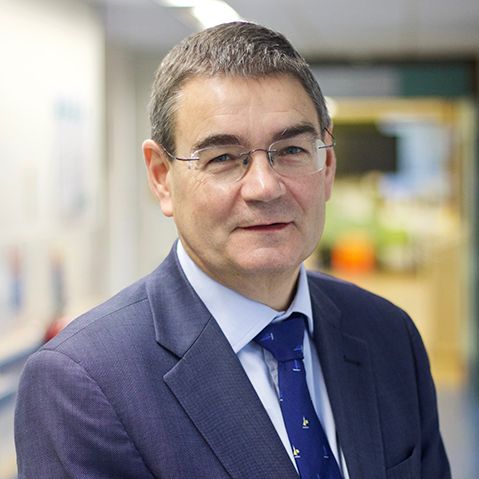
Professor Peter Whitfield
PROFESSOR PETER WHITFIELD
Professor Whitfield is a consultant neurosurgeon and Honorary Professor at University Hospitals Plymouth NHS Trust, specializing in neurovascular surgery, neuro-oncology, and traumatic brain injury. He has held significant leadership roles in neurosurgical education, including serving as President of the Society of British Neurological Surgeons (SBNS) from 2022 to 2024 and Chairman of the European Board Examination in Neurological Surgery.
Education and early career
- Medical School: Whitfield graduated with a BM (Distinction in Clinical Medicine) from Southampton University Medical School in 1987. He completed a PhD in 1998.
- Clinical Training: His neurosurgical training spanned locations across England, including Addenbrooke's Hospital in Cambridge.
- First Consultant Post: He held his first consultant post in Aberdeen from 2000 to 2002.
Professional appointments and leadership
- Plymouth: Since 2002, Whitfield has been a Consultant Neurosurgeon at the South West Neurosurgical Centre at University Hospitals Plymouth NHS Trust and holds an Honorary Professor position at the University of Plymouth and Peninsula Medical School
- Leadership roles
-
- Society of British Neurological Surgeons (SBNS): He served as the Society's President from 2022 to 2024.
- European Association of Neurosurgical Societies (EANS): He is a member of the EANS Executive Board and serves as the Chairman of the European Examination Board in Neurological Surgery.
- Specialist Advisory Committee (SAC): He was the Chairman of the Specialist Advisory Committee in Neurosurgery from 2017 to 2020.
- Educator: Whitfield is passionate about education and training. In addition to his academic posts, he was the Training Programme Director for neurosurgery in South West England and the lead for Professional Development and Professionalism at Peninsula Medical School.
Clinical and research interests
- Clinical practice: His main clinical and research interests include traumatic brain injury (TBI), neuro-oncology (brain tumours), neurovascular surgery (conditions affecting blood vessels in the brain), and non-instrumented spinal surgery.
- Publications: He has published widely and was the lead editor for a multidisciplinary textbook on TBI and the neuroanatomy editor for Gray's Surgical Anatomy.
- Emergency Neurosurgery: He is a series editor for Elements in Emergency Neurosurgery, a collection of works on commonly encountered urgent conditions in neurosurgical practice.
Medicolegal expertise
- Whitfield also has a medicolegal practice where he prepares expert medical reports for court settings and delivers presentations on the medicolegal aspects of neurosurgery.
This biography has been personally approved by Professor Whitfield.
